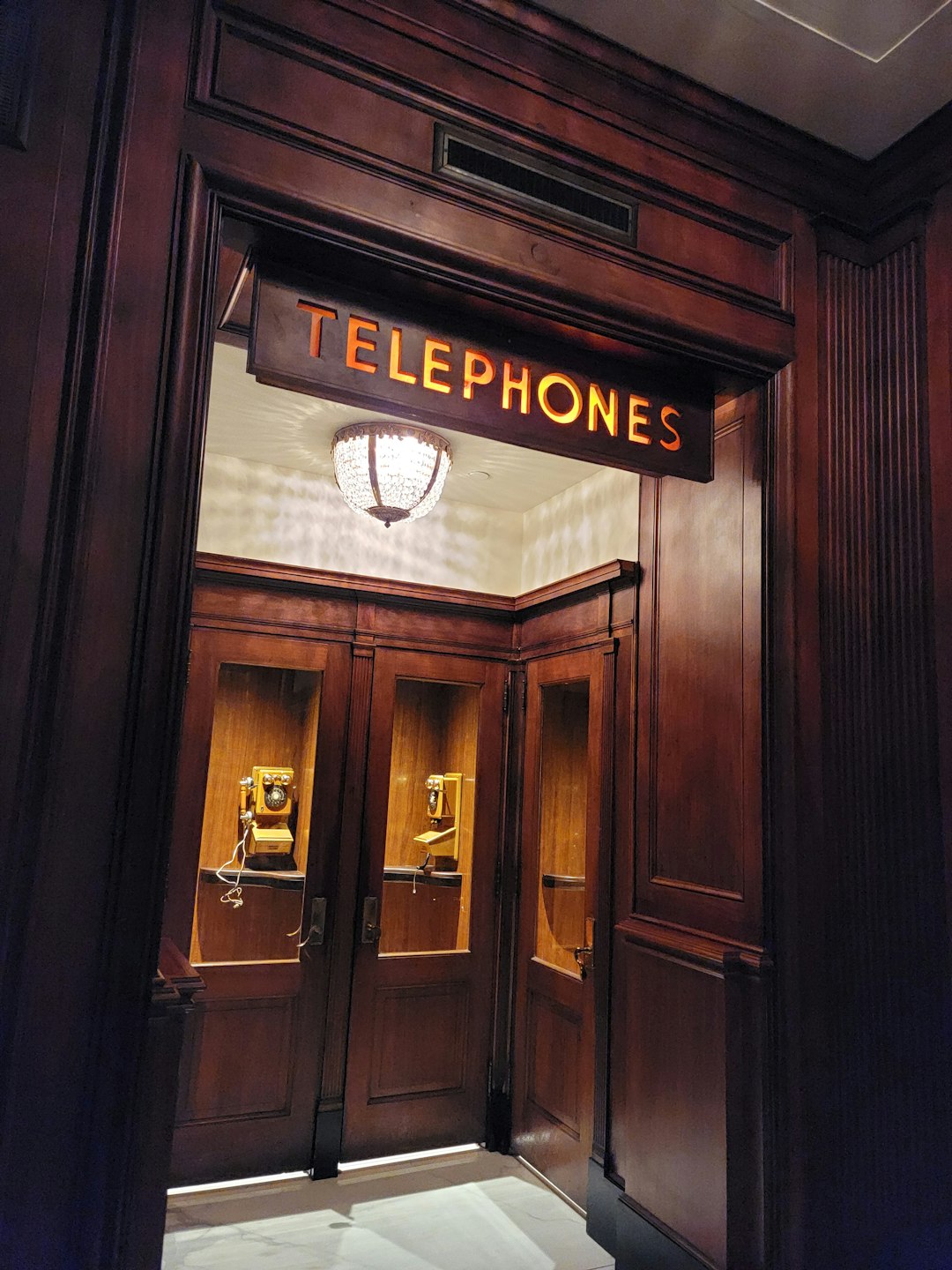Illinois' anti-spam laws protect residents from unwanted text messages by focusing on consent, opt-out mechanisms, and penalties for businesses promoting goods or services. Residents can report spam texts to the Illinois Attorney General's office and use carrier tools to block numbers. Identifying spam involves looking for promotional content, scams, or unsolicited ads; avoid replying or clicking links in such messages. Reporting options include blocking through providers, online platforms, or official channels to combat spamming collectively.
“Illinois residents now enjoy robust legal protections against spam text messages thanks to stringent state laws. Understanding these regulations is crucial for navigating the ever-evolving landscape of mobile communications. This article delves into the intricacies of Illinois’ anti-spam text message laws, clarifying rights and responsibilities.
We’ll explore what constitutes spam, how to identify and handle these texts, and the reporting mechanisms available to ensure compliance and protect your privacy.”
Understanding Spam Texts and Illinois Laws

Spam texts, or unsolicited text messages, have become a common nuisance in modern communication. These messages often promote products, services, or even scams and can be frustrating for recipients. In Illinois, the state has implemented laws to protect residents from excessive and unwanted spam texts.
Illinois’ anti-spam laws aim to ensure that consumers are not bombarded with unsolicited text messages, especially those promoting goods or services. The laws provide guidelines on consent, opt-out options, and penalties for violators. Understanding these regulations is crucial for both businesses sending marketing texts and individuals looking to safeguard their privacy.
Protections for Illinois Residents: What You Need to Know

In Illinois, residents enjoy robust legal protections against spam texts. The state has implemented stringent regulations to safeguard consumers from unsolicited text messages, commonly known as spam. These laws are designed to empower individuals and prevent intrusive messaging practices. Under the Illinois Communication Network Protection Act, it is illegal for businesses or individuals to send mass text messages without explicit consent. This means that if you haven’t opted in or given permission for marketing texts, you have the right to take action against such unsolicited communications.
Understanding your rights is crucial when dealing with spam texts. If you receive unwanted text messages promoting products or services, you can report them to the Illinois Attorney General’s office. The state takes these complaints seriously and works to enforce anti-spam laws, holding perpetrators accountable. Additionally, many mobile carriers offer tools and options for users to block specific numbers, providing an immediate solution to filter out spam texts. Staying informed about your rights under Illinois spam text laws is a proactive step towards a safer digital environment.
How to Handle and Report Spam Texts in Illinois

In Illinois, handling and reporting spam texts is a straightforward process designed to protect residents from unwanted messaging. The first step is to identify the text as spam. Spam texts often include promotional content, scams, or unsolicited advertisements. If you receive such a message, do not reply or click on any links provided. Instead, note down the sender’s phone number and any relevant details about the message.
Reporting spam texts can be done through various channels. Most mobile service providers offer mechanisms to block and report unwanted calls and messages. You can also use dedicated online platforms or apps designed for this purpose. In Illinois, the Attorney General’s office encourages residents to report spam texts using their official channels. By reporting, you contribute to a broader effort to combat spamming, ensuring better protections under the state’s spam text laws.






